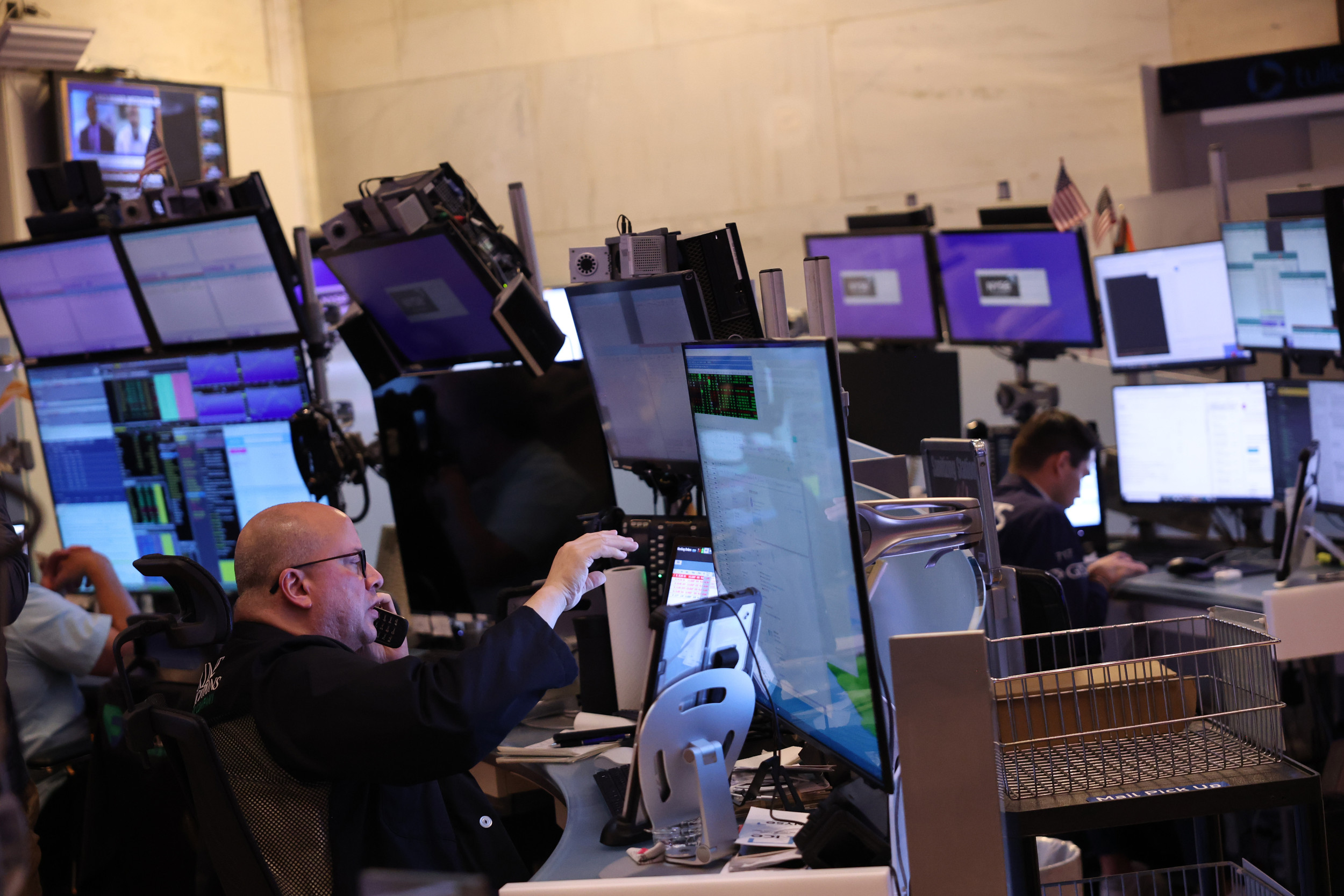Jobs
US jobs data triggers global stock market rout

Japanese stocks fell sharply on Monday following the release of weaker-than-expected U.S. jobs data on Friday, which had a knock-on effect on the global economic outlook.
The latest U.S. jobs report showed that nonfarm payrolls increased by just 120,000 in July, significantly below the market expectations of 200,000. The unemployment rate rose to its highest level since 2021, according to the U.S. Labor Department. In response to the data, Japan’s benchmark Nikkei 225 dropped by over 12 percent, the biggest drop for the index since 1987.
Japan, which has an export-heavy economy, is particularly vulnerable to changes like these, as a reliance on exports means its market is extremely sensitive to economic conditions in America, which is one of its biggest customers. In response to the latest job data, investors moved money away from equities and into safer assets such as government bonds.
The yen also strengthened against the dollar. A stronger yen reduces the cost of imports into Japan, but also diminishes the profitability of Japanese companies that export goods abroad at the same time.
Photo by Michael M. Santiago/Getty Images
Because of this, large exporters like Toyota and Sony, both huge players in the Japanese economy saw their shares decline by 3.5 percent and four percent, respectively.
Japanese Finance Minister Shunichi Suzuki said that the government was monitoring markets with “grave concern”, and that “it’s hard to say what is behind the decline in stocks.”
Other markets across Asia were hit by the U.S. jobs data. South Korea‘s Kospi index dropped more than nine percent, while Taiwan‘s Taiex exchange dropped by 8.4 percent. Additionally, markets in Singapore, Indonesia, and Thailand all also fell by around two and three percent.
When the U.K. markets opened on Monday, there was a similar impact. The FTSE 100 suffered its biggest drop in more than a year, with the index opening down 159.05 points.
U.S. stock futures fell significantly ahead of the market open. The Dow Jones Industrial Average are down by over 600 points, while S&P 500 Futures dropped 140 points.
The VIX, an index that measures volatility in the market was up about 26 percent as of early Monday, according to the Associated Press.
Friday’s job figures raised the specter of recession in the U.S. Richard Flynn, Managing Director at Charles Schwab U.K., said in a statement shared with Newsweek after the data came out that the “figures may stir anxieties that central bankers haven’t moved fast enough to cut rates, nudging the jobs market into a downward spiral.”
“To put it mildly, the spike in volatility-of-volatility is a spectacle that underlines just how jittery markets have become,” Stephen Innes of SPI Asset Management said in a commentary shared with AP. “The real question now looms: Can the typical market reflex to sell volatility or buy the market dip prevail over the deep-seated anxiety brought on by this sudden and sharp recession scare?”
The U.S. economy is currently growing, though at a moderate pace. In the second quarter of 2024, real Gross Domestic Product (GDP) increased at an annual rate of 2.8 percent, according to the Bureau of Economic Analysis. This followed a 1.4 percent growth rate in the first quarter.
Do you have a story we should be covering? Do you have any questions about Japan and other global markets? Contact LiveNews@newsweek.com.










